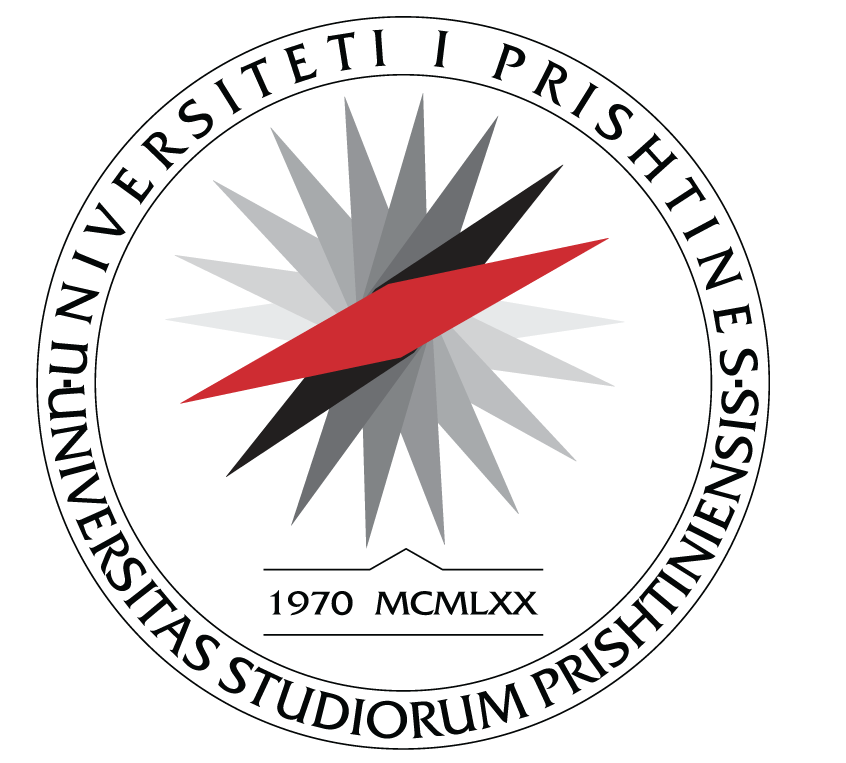
The 3rd LITHME Training school
University of Pristina, Kosovo
5th June – 9th June 2023
Psst! Looking for the 2024 Training School?? Click here.
LITHME Training School is an opportunity for participants to discuss and explore new areas from different research and professional interests. Working Group chairs and co-chairs will lead the discussions and workshops. The participants will get a look into the work of different Working Groups.
The schedule will be split equally between the eight LITHME Working Groups. Our program covers the following topics:
- Language and Computation, Language Technology;
- Language and Law, Language Rights;
- Language Vitality and Endangerment, Technology-assisted Language Learning;
- Language Ideologies, Language Variations and Change;
- Language Professionals, Translation and Teaching of Languages;
The program will include lectures, group discussions, hands-on work, industry showcases, trainee pecha kucha presentations and social events.
Funding for Training School is open to anyone from any eligible country, not just academics, not just those who have completed a PhD, etc. The only constraint is that you have an affiliation with a legal entity. Our funders the COST Association says:
“Examples of affiliation may be (non-exhaustive list):
• A work contract;
• Enrolment in a research performing study programme (for example, PhD or Post-Doctoral programme);
• Voluntary service in a NGO;
• Emeritus professorship.”
(For more info, see §6.4 of their rules here)
You also don’t need any specific technical expertise. We certainly welcome tech specialists, but the only priority is a clear interest in the future of language technologies. So for example, you might be a journalist in Slovenia working with Machine Translation and thinking about how this might influence journalism in future. Perhaps you’re a volunteer for an international NGO based in Europe, working with automated language tools among minorities. Along with other more ‘traditional’ categories like PhD students, researchers and professors, we encourage anyone with any interest in the future of language technologies to apply! LITHME aims to prepare these different fields for the human-machine era, so we want people from every sub-disciplinary area. We offer:
- Widening the knowledge of LITHME’s activities
- Bringing together trainees from across linguistics, language research, and language technology
- Providing intensive training on new and emerging interdisciplinary challenges
- Familiarising trainees with unique technologies developed by our sponsors
Key deadlines
Application deadline:
15th January 2023
Notification of acceptance:
27th February 2023

There is no tuition fee! Accepted trainees’ travel and accommodation will be fully reimbursed after attendance at the event (although please factor in a delay of up to two months due to mandatory administrative procedures, in case that would cause you cashflow problems). Self-funded participation is also possible, also with no tuition fee.
Eligibility
Eligibility is determined by our funders, the COST Association. According to the COST rules, the funded participants may have any nationality but must be primarily affiliated to an organisation (academic, public, private, NGO, etc.) based in a COST Member country or COST Near Neighbour country.
If you cannot be reimbursed then you may still be eligible to attend with a separate source of funding (e.g. your own university’s training stipend).
The training school is delivered entirely in English, and we will ask you to give a short ‘pecha kucha’ presentation summarising your own work, also in English. If you are comfortable with that, we have no other formal requirements about your English proficiency.
Application review
In assessing applications, we will prioritise postgraduates and early-career researchers, and we aim for gender balance. We will also prioritise interdisciplinary understanding and growth, for example language technology researchers who may not think of themselves as ‘linguists’ but could gain significantly from linguistic insights; and correspondingly, language researchers whose work is likely to be affected by new language technologies (we think this is most of you!).
Host institution

Note
We strongly hope for an on-site event, though we cannot guarantee that this will be the case, given the uncertainty caused by the global health situation.
About the Venue
Learn more about our venue on the Venue page.
